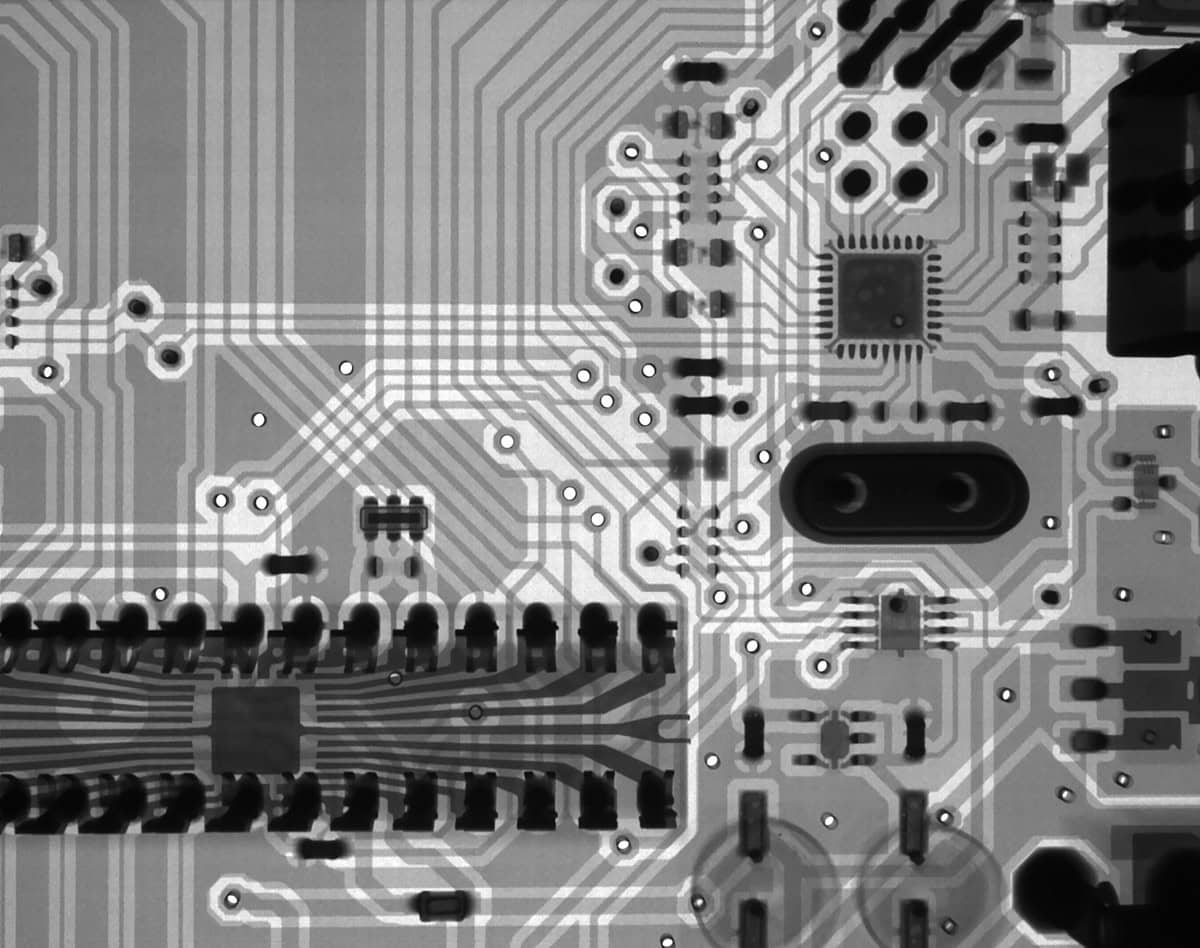US government announces new rules for exporting AI chips to China

Artificial intelligence (AI) is rapidly transforming the world, and the United States is determined to maintain its leadership in this critical technology. In recent years, the US government has imposed a number of export controls on AI chips to China, in an effort to slow the Chinese military's development of AI capabilities.
However, some experts have warned that these export controls could be circumvented, either through the use of overseas subsidiaries or the development of domestic alternatives.
In response, the US government is taking steps to tackle these loopholes and ensure that its export controls are effective.

The importance of AI chips
AI chips are specialized semiconductors that are designed to accelerate AI workloads. They are used in a wide range of applications, including facial recognition, natural language processing, and machine learning.
AI chips are particularly important for the US military, which is increasingly using AI to develop new weapons systems and capabilities. For example, the US military is developing AI-powered drones that can automatically identify and target enemy targets.
Read also: The race for chip supremacy: US vs. China.
US export controls on AI chips to China
In 2022, the US government imposed a number of export controls on AI chips to China. These controls restrict the export of certain types of AI chips, as well as the technology needed to manufacture them.
The US government has justified these export controls on national security grounds. It argues that China's military is using AI to develop new weapons systems that pose a threat to the US and its allies.
Despite the US export controls, there are a number of loopholes that China could exploit to gain access to AI chips.
One loophole is the use of overseas subsidiaries. Chinese companies could establish subsidiaries in other countries, such as Taiwan or South Korea, and use these subsidiaries to purchase AI chips from US companies.
Another loophole is the development of domestic alternatives. Chinese companies are investing heavily in the development of their own AI chips. If they are successful, they could reduce their reliance on US imports.

US efforts to tackle the loopholes
The US government is aware of the loopholes in its export controls and is taking steps to tackle them.
Now, the US government announced new rules that will make it more difficult for Chinese companies to use overseas subsidiaries to purchase AI chips.
The new rules require US companies to obtain a license from the US government before exporting AI chips to any company that is owned or controlled by a Chinese entity.
The US government is also working with its allies to coordinate export controls on AI chips. For example, the US and the Netherlands have agreed to work together to restrict the export of AI chipmaking equipment to China.
Advertisement




















God bless the USA!
amen unironically